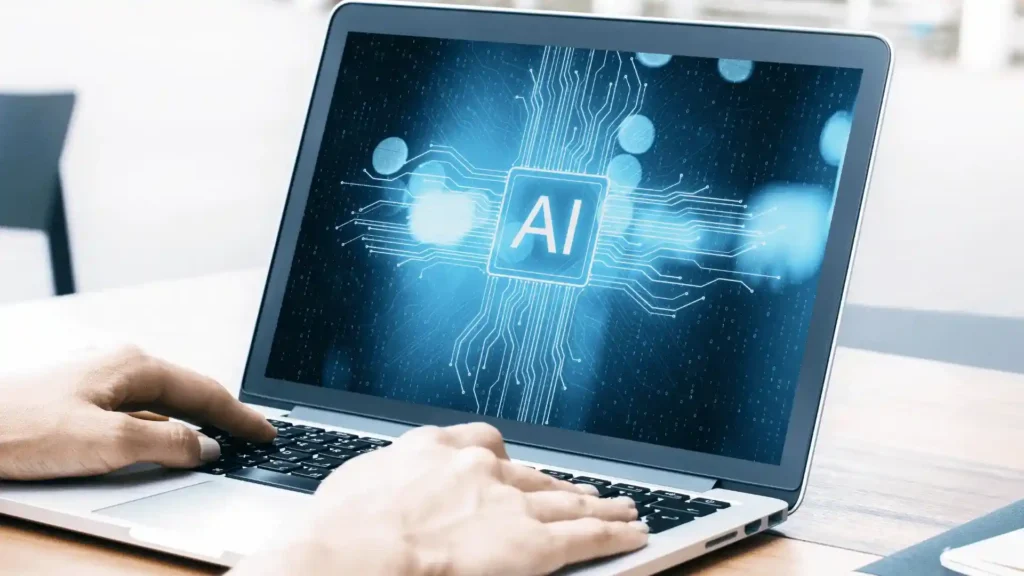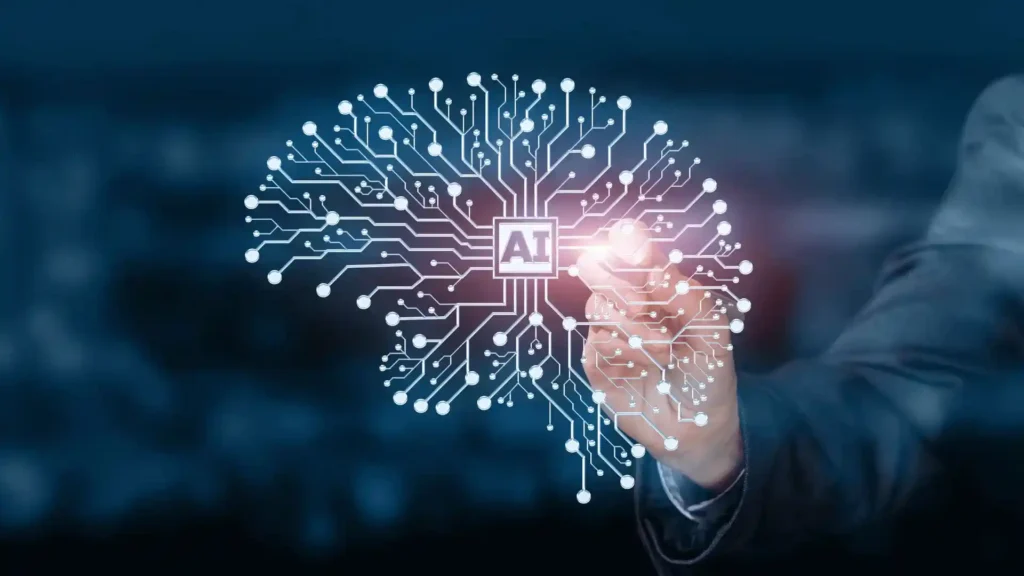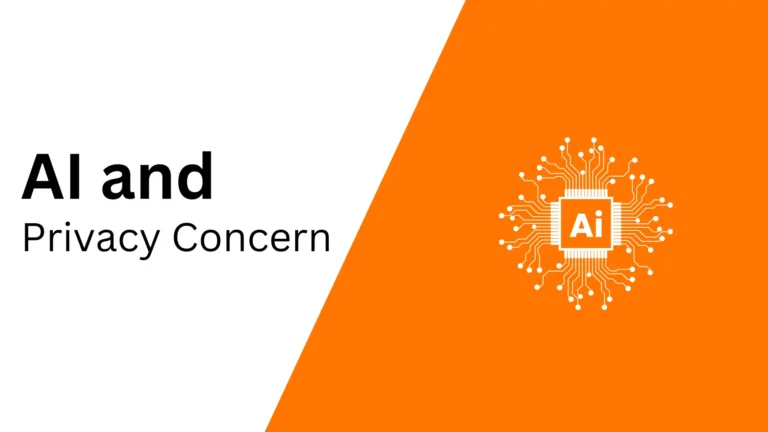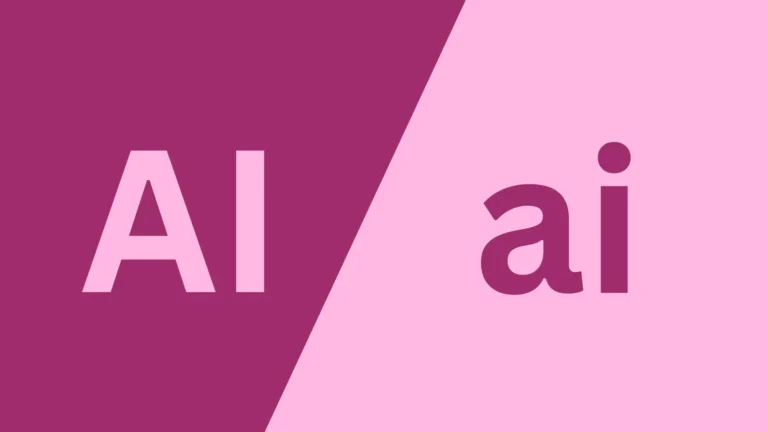AI Predictions for the Next Decade
AI Predictions for the Next Decade, Artificial Intelligence (AI) is reshaping industries globally, influencing everything from healthcare to finance, and even our daily lives. As we stand on the cusp of a new decade, the potential of AI appears limitless. Analysts predict that AI could contribute up to $15.7 trillion to the global economy by 2030, making it a cornerstone of innovation and growth.
Understanding the trajectory of AI helps businesses, governments, and individuals prepare for its profound impact. From transforming workplaces to solving global challenges, AI will redefine how we interact with technology. This article explores data-driven predictions, highlighting opportunities and challenges in AI’s evolution over the next decade.
AI in Business and Economy

The business landscape is being revolutionized by AI, which is projected to add $13 trillion to the global economy by 2030, according to a McKinsey report. Companies across industries are leveraging AI to optimize operations, reduce costs, and improve decision-making.
One key area of growth is predictive analytics, where AI processes vast datasets to forecast market trends, consumer behaviors, and supply chain disruptions. For example, Amazon has successfully used AI to enhance its supply chain, cutting delivery times and boosting customer satisfaction. Similarly, AI-driven e-commerce platforms are offering hyper-personalized experiences, increasing conversion rates by up to 30%.
AI is also reshaping the job market. While automation could displace certain roles, it is also expected to create 97 million new jobs by 2025, particularly in AI development, data analysis, and cybersecurity.
Looking ahead, we can expect an explosion of AI-first companies, built entirely around artificial intelligence capabilities. Businesses will increasingly rely on AI-powered decision-making tools, enabling them to respond to challenges faster and more efficiently. AI’s integration into sectors like banking, retail, and logistics will deepen, driving unprecedented productivity and economic growth while also prompting ethical and regulatory considerations.
Advancements in AI Technologies
The next decade promises groundbreaking advancements in AI technologies. Generative AI, which includes tools like ChatGPT and DALL·E, is already transforming content creation, enabling businesses to produce tailored marketing materials in seconds. The global generative AI market is projected to grow from $11.3 billion in 2023 to $51.8 billion by 2028, driven by demand for creative and problem-solving solutions.
Deep learning and neural networks are expected to reach new heights, with a focus on unsupervised learning, where AI can learn without labeled datasets. Companies like OpenAI and Google DeepMind are leading the way in developing models capable of understanding complex tasks, from medical diagnosis to legal document analysis.
AI’s synergy with emerging technologies such as quantum computing will significantly enhance its computational power. Quantum AI could revolutionize fields like cryptography and climate modeling by solving problems currently beyond the reach of traditional computing.
Predictions indicate that by 2030, human-like AI interactions will become the norm, with advanced natural language processing enabling seamless communication in multiple languages. Additionally, industry-specific AI systems will flourish, creating tailored solutions for sectors like healthcare, education, and law, further embedding AI into our daily lives and professional.
AI in Healthcare
AI is set to transform healthcare, with the market for AI in the sector projected to grow from $14.6 billion in 2023 to $102 billion by 2030, according to Grand View Research. One significant advancement is in medical diagnostics, where AI-powered tools have achieved accuracy rates of up to 97% in detecting breast cancer, surpassing human performance in some cases.
In drug discovery, AI is drastically reducing the time and cost required to develop new treatments. Companies like DeepMind and Insilico Medicine have developed AI systems capable of identifying potential drug candidates in a fraction of the traditional timeline. Personalized medicine, tailored to an individual’s genetic profile, is becoming increasingly feasible thanks to AI’s data-processing capabilities.
AI also plays a critical role in healthcare accessibility. Remote monitoring systems, powered by AI, enable real-time patient tracking, significantly improving outcomes for chronic disease management. Telemedicine, boosted by AI chatbots and virtual assistants, has seen a 20% increase in adoption since 2020, particularly in underserved regions.
Looking forward, AI-integrated wearables will provide continuous health monitoring, alerting users to potential issues before they become critical. These technologies promise to make healthcare more proactive, efficient, and accessible, fundamentally reshaping the industry.
Ethical and Regulatory Challenges

As AI grows more powerful, ethical and regulatory challenges are becoming urgent. By 2025, it’s estimated that 85 million jobs could be displaced by automation, according to the World Economic Forum. This raises critical questions about job security and the need for upskilling. Additionally, the AI Ethics Index 2023 reported that 78% of consumers are concerned about the ethical use of AI, particularly in decision-making processes.
One significant challenge is bias in AI algorithms. AI systems trained on biased data can perpetuate stereotypes or make unfair decisions, as seen in cases of biased hiring tools and facial recognition software. To combat this, organizations are investing in ethical AI frameworks, with tech giants like IBM and Microsoft leading the charge.
Privacy and Transparency is another major concern. Many AI systems operate as “black boxes,” making it difficult to understand their decision-making processes. Regulatory bodies like the European Union are implementing laws requiring AI systems to be explainable and accountable.
Predictions suggest that by 2030, governments worldwide will enforce stricter regulations for AI in sensitive areas like healthcare, finance, and law. Ethical AI development will also become a core focus, ensuring that AI systems are fair, accountable, and free of unintended harm.
AI and Society: Lifestyle and Education
AI is set to profoundly impact society, reshaping lifestyles and education in unprecedented ways. By 2030, the number of households using AI-powered devices like smart assistants (e.g., Alexa, Google Assistant) is expected to reach 1.5 billion globally, according to Statista. These tools enhance convenience, allowing people to control home appliances, manage schedules, and access personalized services effortlessly.
In education, AI is already transforming traditional learning. AI-driven platforms such as Duolingo and Khan Academy offer personalized learning experiences, adapting to individual student needs. The global AI in education market is projected to grow from $4 billion in 2022 to $30 billion by 2032, driven by demand for adaptive learning systems.
AI also enhances accessibility for individuals with disabilities. For instance, tools like speech-to-text converters and AI-generated subtitles make content more inclusive. As workplaces evolve, AI-driven platforms will emphasize lifelong learning, equipping individuals with skills to thrive in an AI-dominated job market, and in side hustle.
Looking ahead, AI is expected to become an integral part of decision-making in daily life, helping users plan diets, optimize finances, and improve time management. In education, AI could enable virtual classrooms that simulate real-world experiences, making learning more engaging and practical.
Conclusion
The next decade promises significant advancements in AI, transforming industries, lifestyles, and economies. From business growth and healthcare breakthroughs to educational innovations, AI’s potential is immense. However, it comes with challenges, including ethical concerns, job displacement, and regulatory needs.
By addressing these issues and fostering responsible AI development, society can harness its benefits while minimizing risks. To thrive in this AI-driven era, collaboration among governments, businesses, and individuals will be crucial in shaping a balanced and inclusive future.






